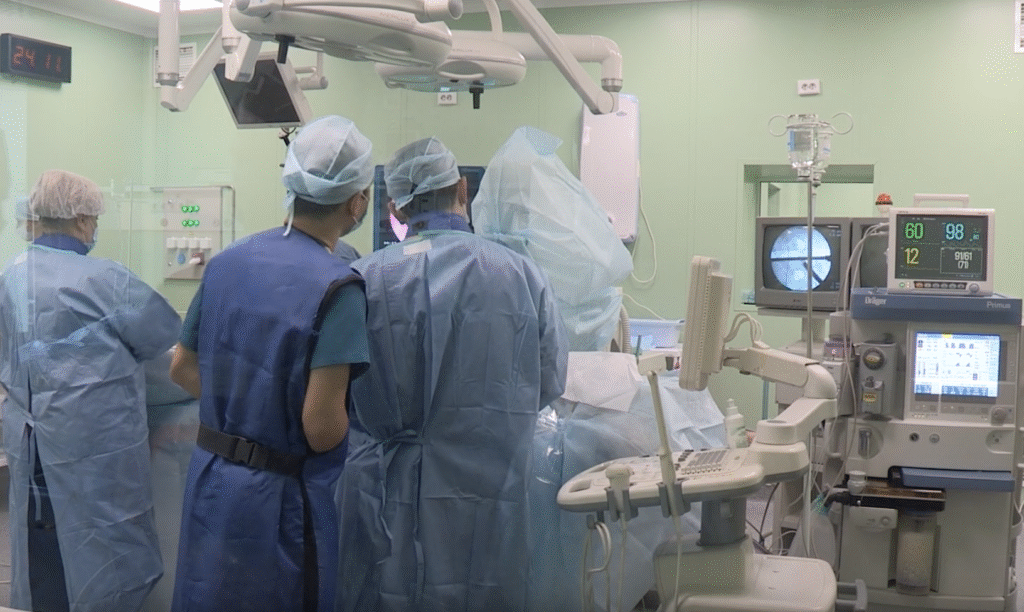You’ve prepped and just walked away from a great interview experience only to have days pass with no word back from the hiring manager and eventually learn that you were passed on for the role. So, what happened? It may very well be what didn’t happen – the close.
When interviewing for MedTech roles—whether you’re a recent graduate, a mid-career switcher, or a hiring manager evaluating cultural fit—one often-overlooked yet powerful stage is the close. Regardless of the type of opportunity, the candidate who confidently asks for the next step or even the job often leaves a noticeably stronger impression, often translating into winning the position.
Hiring managers often form impressions early, but closing reinforces purpose and confidence. Closing questions show enthusiasm and sales skills, which are highly valued in sales and commercial leadership roles. Even if you are pursuing opportunities outside of those, closing provides an opportunity to hear from the hiring manager on any areas they still have questions or concerns about. If you find yourself at the end of the interview wondering if you were clear on a certain important point or skill, here’s your chance to readdress it.
Occasionally, the interviewer will state upfront or in an answer to your closing question that the decision is not up to them. So, now what? Ask for their recommendation to move you forward in the process or to the individual who is making the hiring decision.
So, what does closing even look like? In short, it’s asking for what you want – the position. A solid closing question should include a brief statement of your qualifications as they align with the role, a direct statement of interest, and a clear ask for the position (“I understand this role requires a strong skill set in…which matches well with my experience. It’s a role I’m very excited about, and I would like to hear about the next steps. What else do we need to discuss for you to move me forward today?”). Here are some tips to remember:
- Practice in advance. Don’t make the actual interview the first time you ask the question out loud. Try out a few versions to find what feels natural to you.
- Handle objections proactively. If you anticipate concerns (e.g. limited MedTech exposure), proactively address them before closing.
- Body language is key. Maintain confident body language and tone; stay poised, not aggressive, but assertive.
- Follow up within 24 hours. Send a personalized thank‑you and revisit the closing question or confirm next steps. Hiring managers say this influences decisions about 86 % of the time.
In MedTech—where roles often blend science, problem-solving, and sales acumen—a well-executed interview close is more than etiquette: it’s a performance cue. Candidates who know how to close the interview often move faster through the pipeline and convert at higher rates. Translation? Setting the tone that you’re eagerly ready for next steps—via closing—can help accelerate the process, making it more likely employers will speed up offering.
Asking for the job is typically not presumptuous—it’s exactly what proactive, deliberate professionals should do.











